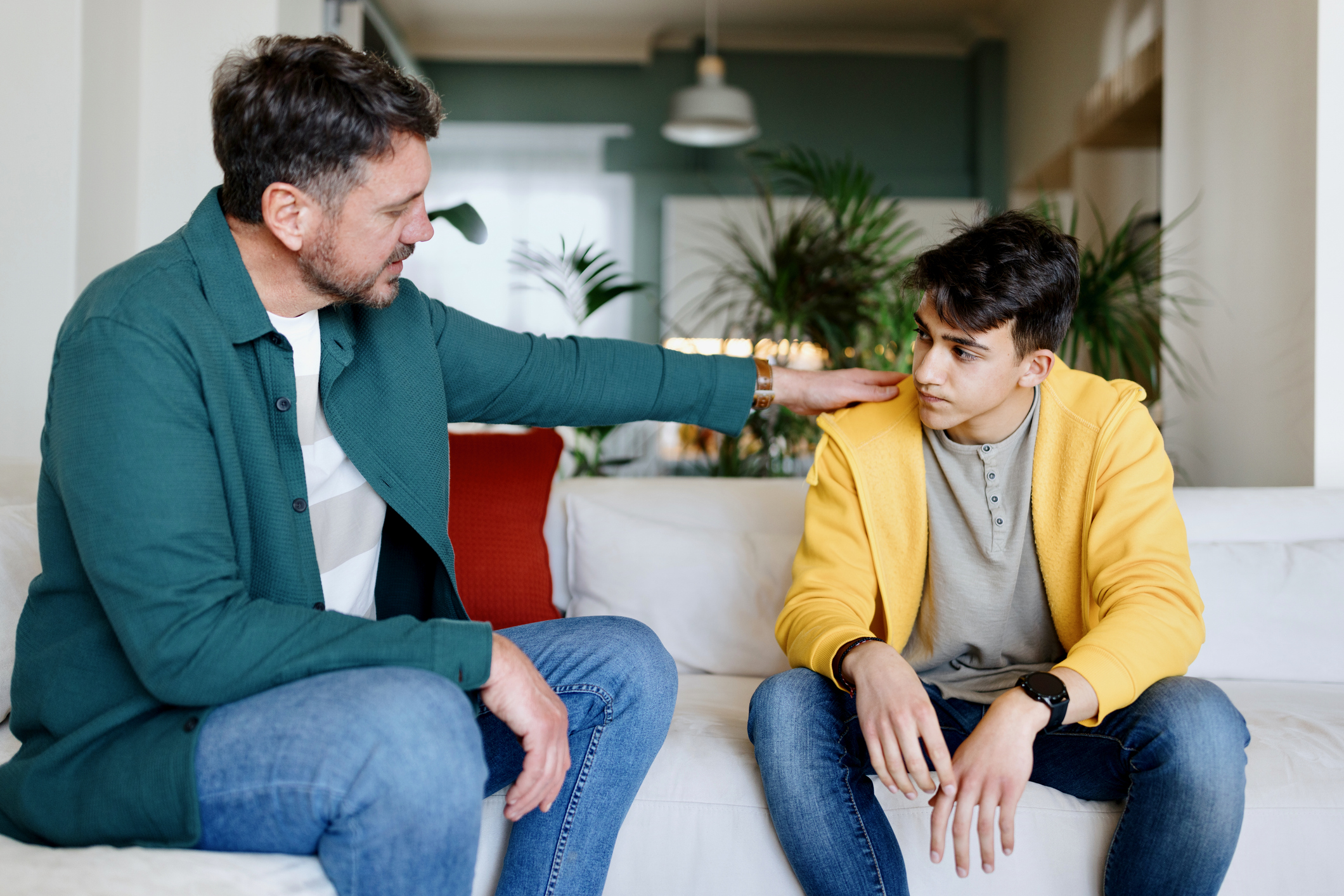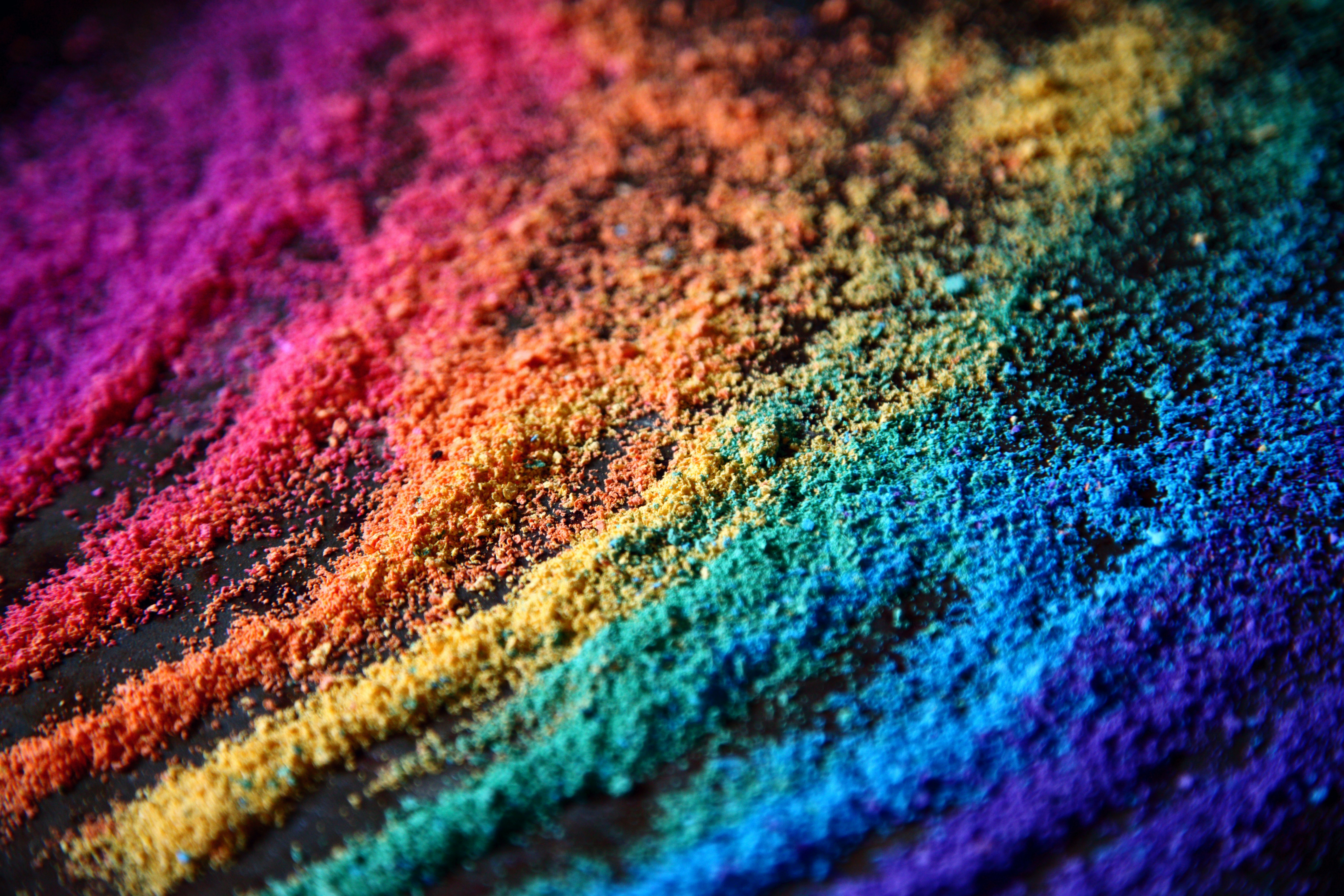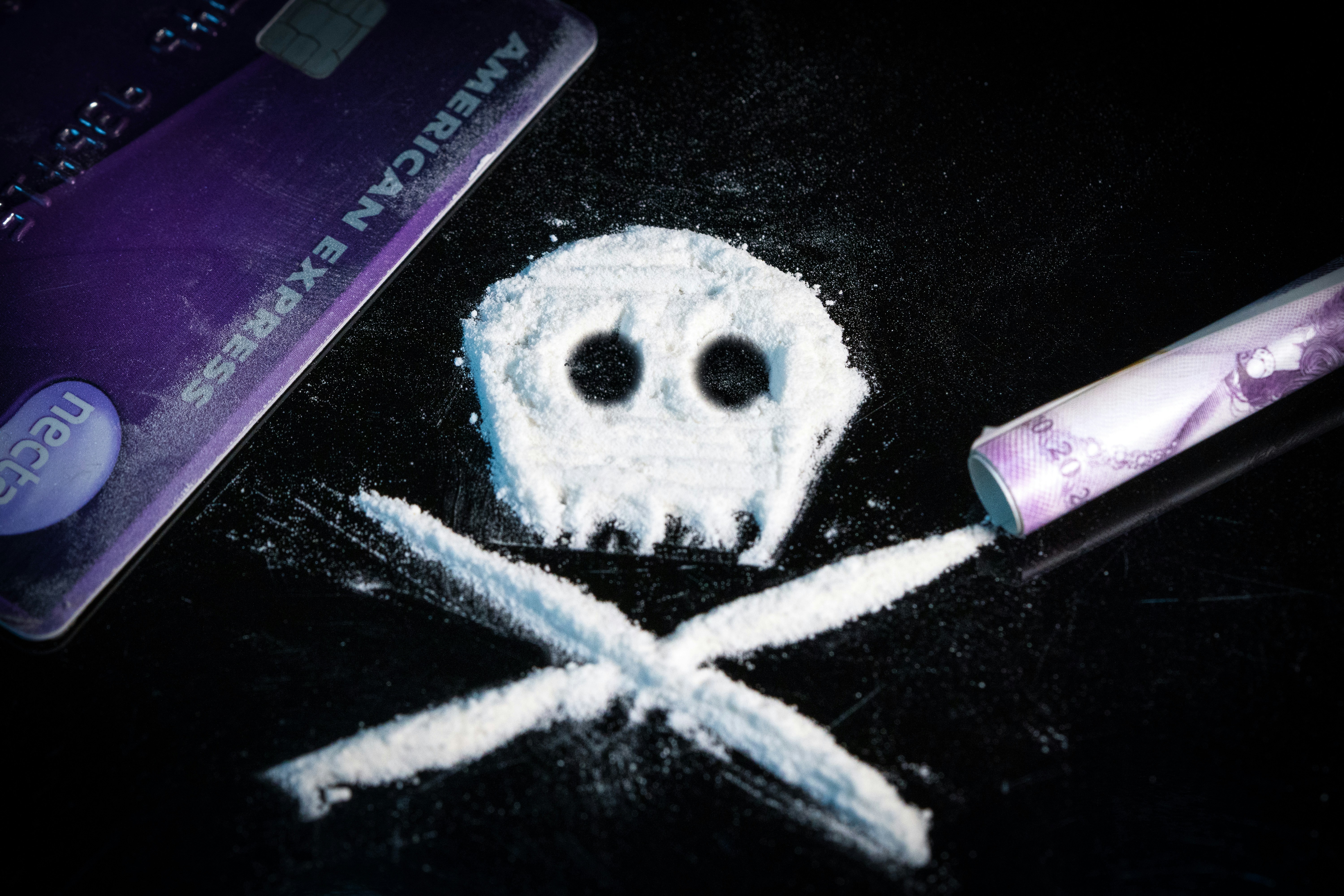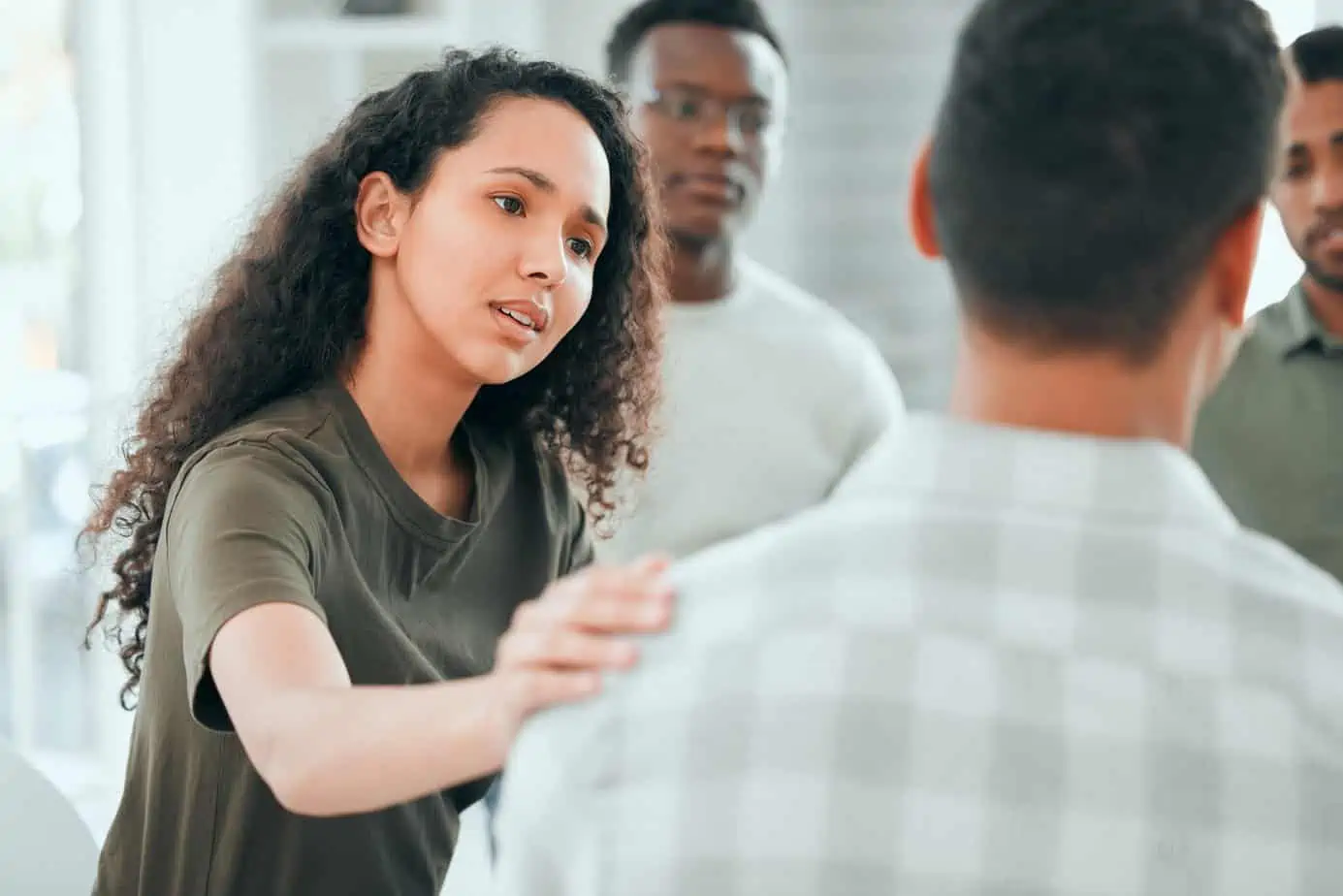Why is so difficult for an addicted person to leave drugs behind and start a new life? Why is it so challenging for a person in recovery to not go back to the same destructive behavior? For British journalist, Johann Hari, the centerpiece of the puzzle is meaningful relationships. An addicted person should always have a hand he can reach for, and once in recovery, a structure where he can feel helpful, admired, and loved. “The opposite of addiction is not sobriety. It’s human connection,” reads Hari’s best-known quote.
Giving Meaning and Purpose
Hari, author of Chasing the Scream: The First and Last Days of the War on Drugs, went on his own journey to understand addiction after seeing family and friends succumb to drugs. In a three-year journey all around the globe, reviewing data, scientific discoveries, and stories, he strongly believes that giving meaning and purpose to someone’s life is at the core of treating addiction.
You may think then, that just lonely and unproductive people become addicted. That’s rarely the case. Psychological traumas and the subsequent need to self-medicate have also been a longtime culprit. But what happens when kids with apparently perfect lives become addicted? What happens when the popular high school athlete gets hooked on opiates after an injury, or when the beautiful girl who is the life of the party develops a drinking problem?
False Sense of Connection
The use of legal and illegal drugs is widespread in our culture. People do drugs recreationally, especially teens and young adults. Drugs may seem, at first, a way to connect. Once hooked, a life of self-destruction is the more likely scenario. “You get depressed because you are doing drugs, and then you do drugs to escape the depression. That’s the vicious cycle,” said Alan Eskenazi, a Licensed Alcohol and Drug Counselor, in a panel on opioid abuse at Ridgefield Independent Film Festival in Connecticut.
Hari does not believe that should be the logical path of events. Although it’s true that absolutely anyone regardless of class, ethnicity, or gender can become addicted, Hari believes “addiction is not about the chemical hooks, but about the cage you are in.” The environment and circumstances are most likely what will set a person on that road to addiction.
He explains that people who undergo painful surgeries and have to take painkillers for months, don’t necessarily become addicts. He cites a Vietnam war study, in which soldiers who heavily used heroin while on the battlefield simply stopped using once they were back home, surrounded by family and friends. Countless people also experiment with all kinds of drugs and never became addicted. “Disconnection is what brings up addiction,” said Hari.
A Lonely Society
In his famous TED talk, he speaks about how “human beings have a natural need to bond. But if you can’t do that, because you are isolated, beaten down, or traumatized, you will bond with something that will give you some sense of relief, like drugs, gambling, pornography.”
One of Hari’s main premises is: “We are one of the loneliest societies that has ever been. We live in a hyper-individualistic, capitalist, and consumer-based society. We trade real personal connections for floor space and stuff.”
People live in huge houses, don’t know their neighbors, don’t share meals with family members, and don’t even watch TV together anymore. Everybody has their own portable devices to cling to, which provide them with a false sense of connection. “If you have a crisis, your 500 Facebook friends are not coming to your rescue but your flesh and blood friends,” he said.
As a society, we are also completely disconnected from nature, an essential component in living a wholesome life – simply compare the flow of people in a mall to a local nature trail on any given weekend.
Beyond that, once a person becomes addicted, things get pretty harsh. The established way to deal with drug abuse is to cut off the person from the family and the social fabric. Friends shy away, jobs become unavailable. With marginalization, sooner or later adventuring into some kind of crime seems inevitable, and with that jail sentences and criminal records. “This model doesn’t work”, Hari argues.
How Connection Boosts Your Overall Health
Now that we delved into why we are so lonely we should discuss the benefits of establishing healthy bonds. Feeling connected within a community improves our development and overall mental health because we feel safe to explore and increase our chances of having a wider variety of life experiences.
Certain areas of the brain, like the pre-frontal cortex, are activated by positive experiences of connection increasing our ability to have deeper thought, problem-solving skills, and greater self-awareness to manage our emotions.
When we feel connected to a community as individuals, it has a positive impact on our ability to handle daily experiences. Connection gives us a stronger sense of resilience, mental flexibility, and confidence to adjust and grow as individuals. One study also found that people who have strong relationships had a 50 percent lower risk of dying from any cause than those who were socially isolated.
What Families Can Do
- Reassure you are there for them: “Never make the addict feel alone,” Hari advocates. Let them know that there is support whenever they are ready. Love them no matter what.”
- Research addiction treatment programs: When looking for treatment, choose a program that has a holistic approach: a program that will not only focus on maintaining sobriety but will offer a variety of behavioral therapies to address the underlying causes of addiction and sustainable ways to cope with it.
- Spend time outdoors: Help your loved one reconnect with nature by gardening, hiking, or going to a park or beach.
- Encourage healthy communication. All family members must express their feelings and be heard without judgment. Joining a group meeting, like AA or NA for the person in recovery and Nar-Anon or Al-Anon for the extended family, can be helpful.
What You Can Do
- Join support groups: Engage in support groups specific to addiction recovery, such as 12-step programs or other recovery-focused groups. These groups provide a safe and understanding environment where you can connect with others who have similar experiences, share your challenges, and gain support.
- Volunteer: Get involved in community service or volunteer work. This not only allows you to give back to the community but also provides opportunities to connect with like-minded individuals who value helping others.
- Pursue hobbies and interests: Explore activities or hobbies that you enjoy and that align with your interests. This can include joining sports teams, art classes, book clubs, or any other group that engages in activities you find fulfilling. By participating in activities you love, you increase the chances of meeting individuals who share similar passions.
- Seek professional support: Connect with professionals in the addiction recovery field, such as therapists, counselors, or recovery coaches. They can provide guidance, support, and resources to help you navigate your recovery journey. Additionally, they may be able to connect you with other individuals who are also on the path to recovery.
If you or a loved one is struggling with addiction, Mountainside can help.
Click here or call (888) 833-4676 to speak with one of our addiction treatment experts.

 By
By 







